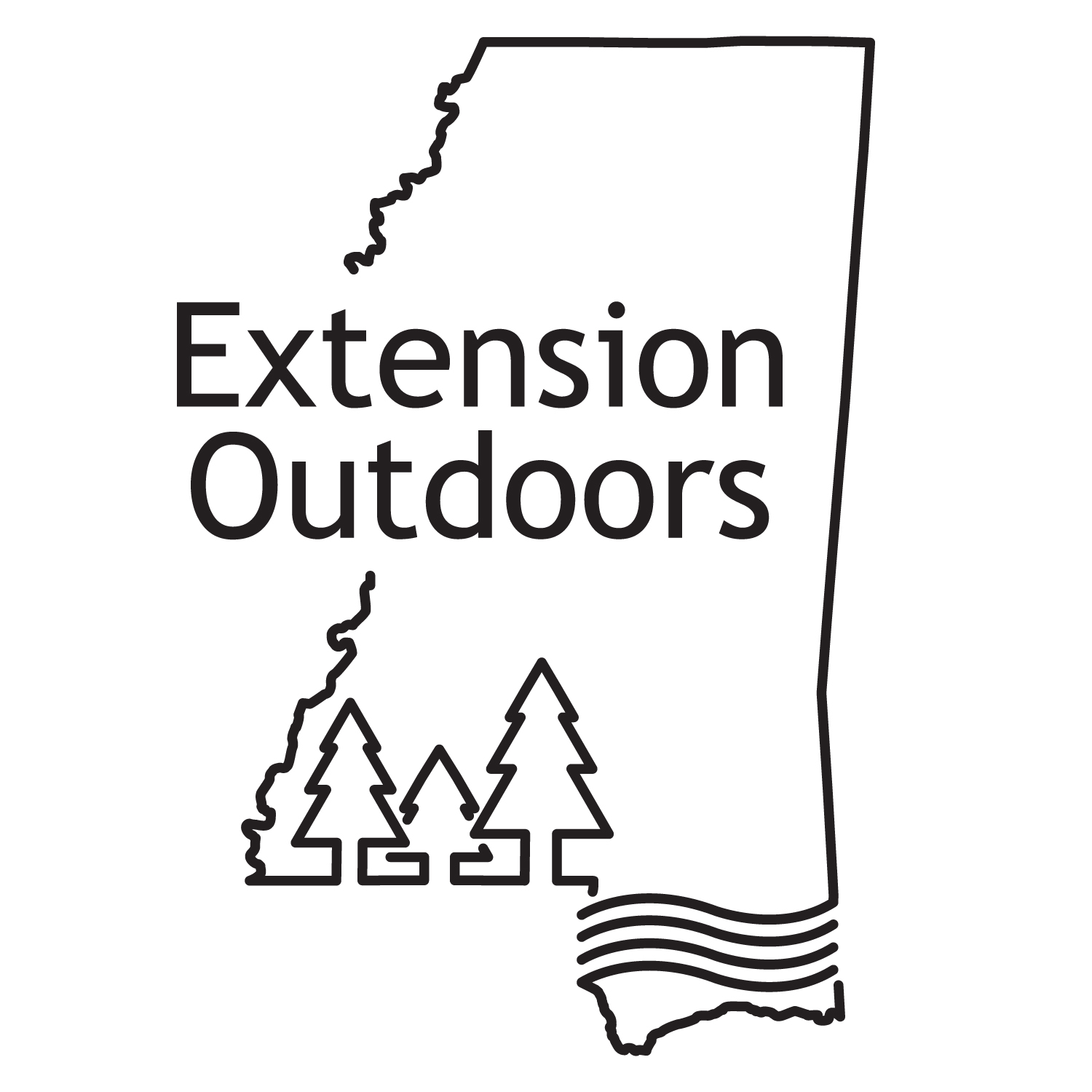Information Possibly Outdated
The information presented on this page was originally released on December 11, 2015. It may not be outdated, but please search our site for more current information. If you plan to quote or reference this information in a publication, please check with the Extension specialist or author before proceeding.
Build a good hunter-landowner relationship
STARKVILLE, Miss. -- So, you have finally worked up the nerve to ask that landowner for permission to hunt his property for the upcoming hunting season, and he said yes.
In some cases, landowners may provide hunters with a set of rules to follow when visiting their property. Others may simply take it for granted that you know what you should and shouldn’t do, and most experienced hunters already know these things. However, for the inexperienced hunter -- the young, up-and-coming hunter or the adult who is new to the hunting experience -- there are a few rules to follow. There are also some things you can take it upon yourself to do that will greatly increase your chances of being granted permission to hunt on that property the following year if you so desire.
If the landowner lives on or near the property you intend to hunt, set up some kind of system so he or she knows when you will be hunting and the general location where you plan to hunt. Use the same system to let the landowner know when you have left the property. Not only is it a courteous gesture on your part, but it also gives the landowner some peace of mind to know you left the property safely.
Do not invite any of your friends to go hunting without first making sure the landowner approves. This is probably the most common complaint I’ve heard from landowners over the years. When you have a good place to hunt, there can be a lot of pressure from family, friends and in-laws to take them along with you. Doing so without first getting permission is one of the surest ways to have your hunting privileges revoked. Actually, unless the person in question is your spouse or child, I would not even ask. Your fellow hunters may get angry with you, but you can always suggest they follow your example and put in the time and effort to find their own place.
It should go without saying that you always observe and follow all game laws and regulations. Failure to do so is another one of the surest ways to lose your hunting privileges on a landowner’s property. Also, while it is legal in some states to use certain scents, attractants and/or methods of luring deer on private property, not everyone believes it is ethical. Always ask first!
If a gate is closed before you go through it, make sure you close it behind you. Even if there are no livestock behind the gate, you have to assume it was closed for a reason. Also, an open gate accessing a property from a public road is often an invitation to trespassers. Avoid driving through areas of the property where the ground is too wet or soft. First, if you get your vehicle stuck, you don’t want the landowner to have to stop what he or she is doing to come and pull you out, especially if it’s after dark. Second, you don’t want to leave a bunch of ruts on the property.
Avoid conflict with surrounding landowners. Do not set up hunting stands along property boundaries. You may not intend to harvest an animal on their side of the property boundary, but the adjoining landowner doesn’t know your intentions. If an issue arises between you and an adjoining landowner while you’re hunting, be respectful and report the incident to your property owner and allow him or her to settle the issue.
Do not shoot any predator species, such as bobcats, coyotes or raccoons, without first obtaining the landowner’s permission. You may feel you are providing a service, but the landowner may not view them as a problem.
Now, let’s look at some of the little things worthy of attention.
I’ll assume anyone who is a true sportsman and conservationist knows not to litter. However, if you spot some litter on the property that isn’t yours, do you pick it up? Does the landowner know it isn’t your litter? While no one enjoys picking up after someone else, it’s a small price to pay for hunting privileges.
Report downed fences and potential trouble areas you may notice. Even if the landowner doesn’t have any livestock, he or she still probably wants to know if a fence is down or if a culvert on one of the property’s roads is about to be washed out by the next hard rain.
If you are leaving the property before dark and see the landowner out and about and he doesn’t look busy, stop and say hello. On the other hand, maybe he is busy but looks like he could use some help with what he’s doing, so stop and offer to lend a hand. You don’t want to bother the owner, but you also don’t want to appear unfriendly or unwilling to get your hands dirty.
Once the hunting season is over, promptly remove your tree stands and/or blinds from the property and turn in any gate keys you may have. If you harvest any game from the landowner’s property, be sure to offer him or her some of the meat. The owner provided you a place of recreation, and it’s always good to offer some small token of appreciation.
Obtaining a landowner’s permission to hunt on his or her property is special. Not only did you have the courage to approach the owner face to face and ask permission, but also he or she decided to trust you with the privilege of hunting on that property. Therefore, a big part of maintaining your hunting privilege and ensuring future hunting privileges is to remember that adhering to the landowner’s best interest is in your best interest.
 Editor’s Note: Extension Outdoors is a column authored by several different experts in the Mississippi State University Extension Service.
Editor’s Note: Extension Outdoors is a column authored by several different experts in the Mississippi State University Extension Service.

Editor’s Note: Extension Outdoors is a column authored by several different experts in the Mississippi State University Extension Service.






